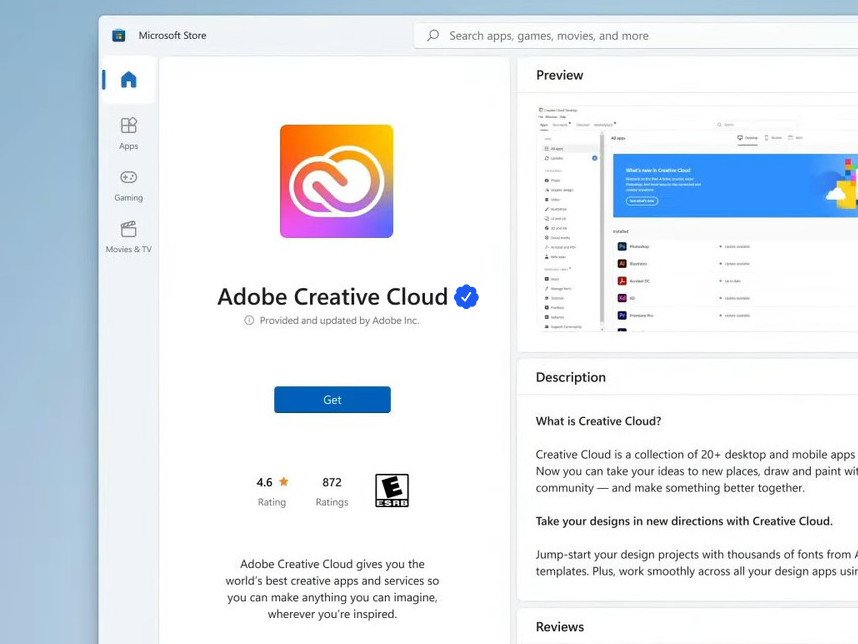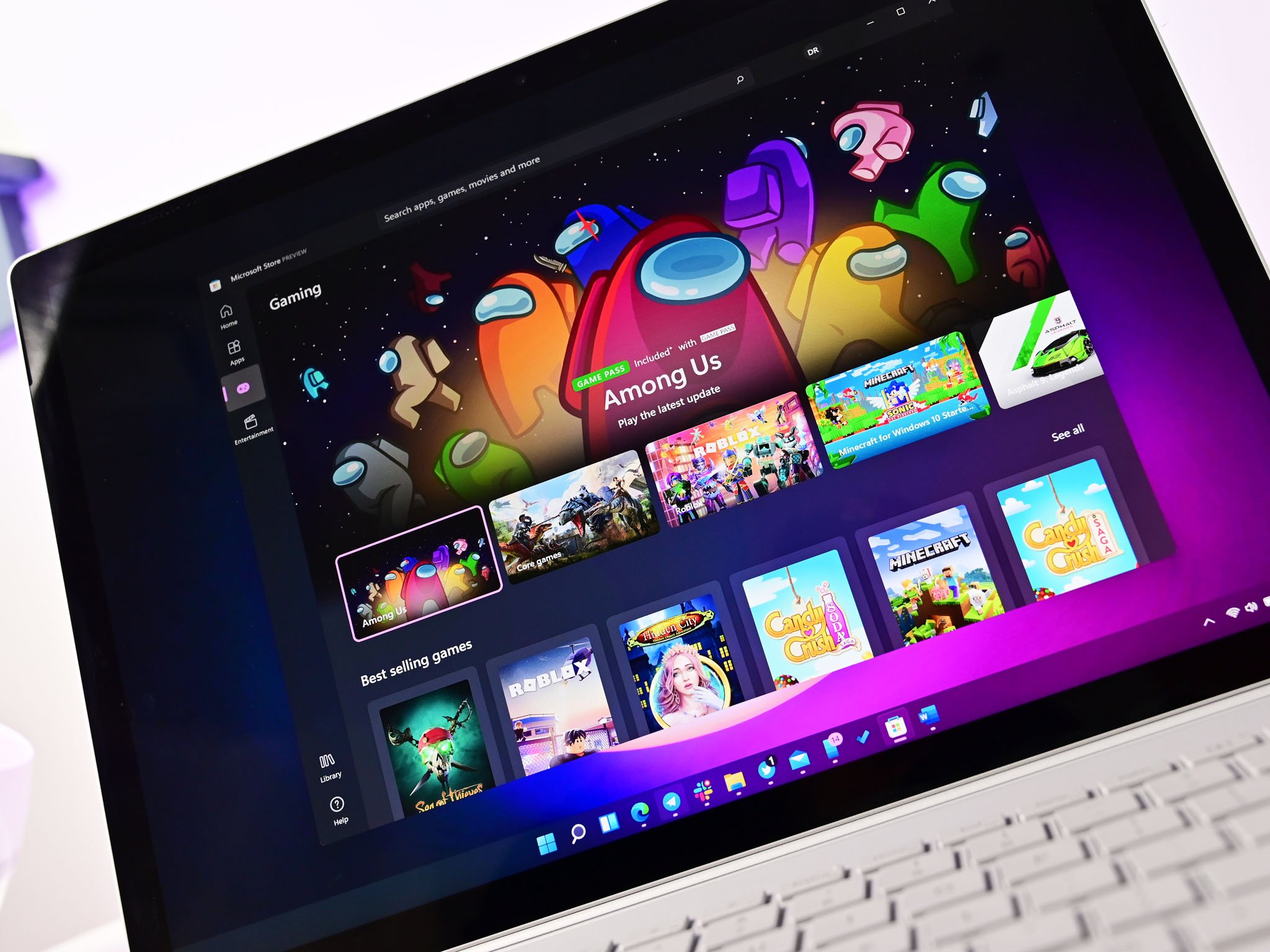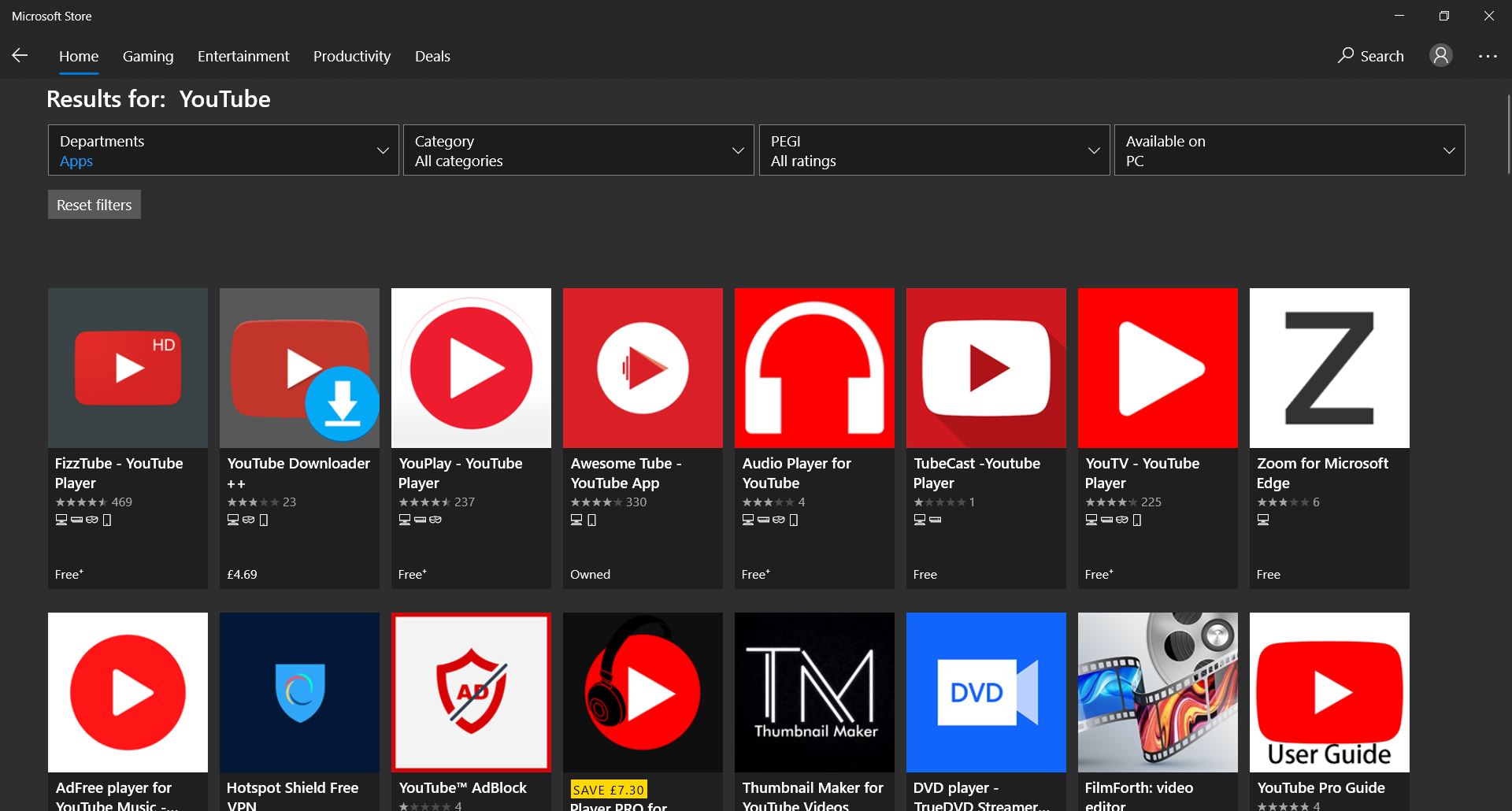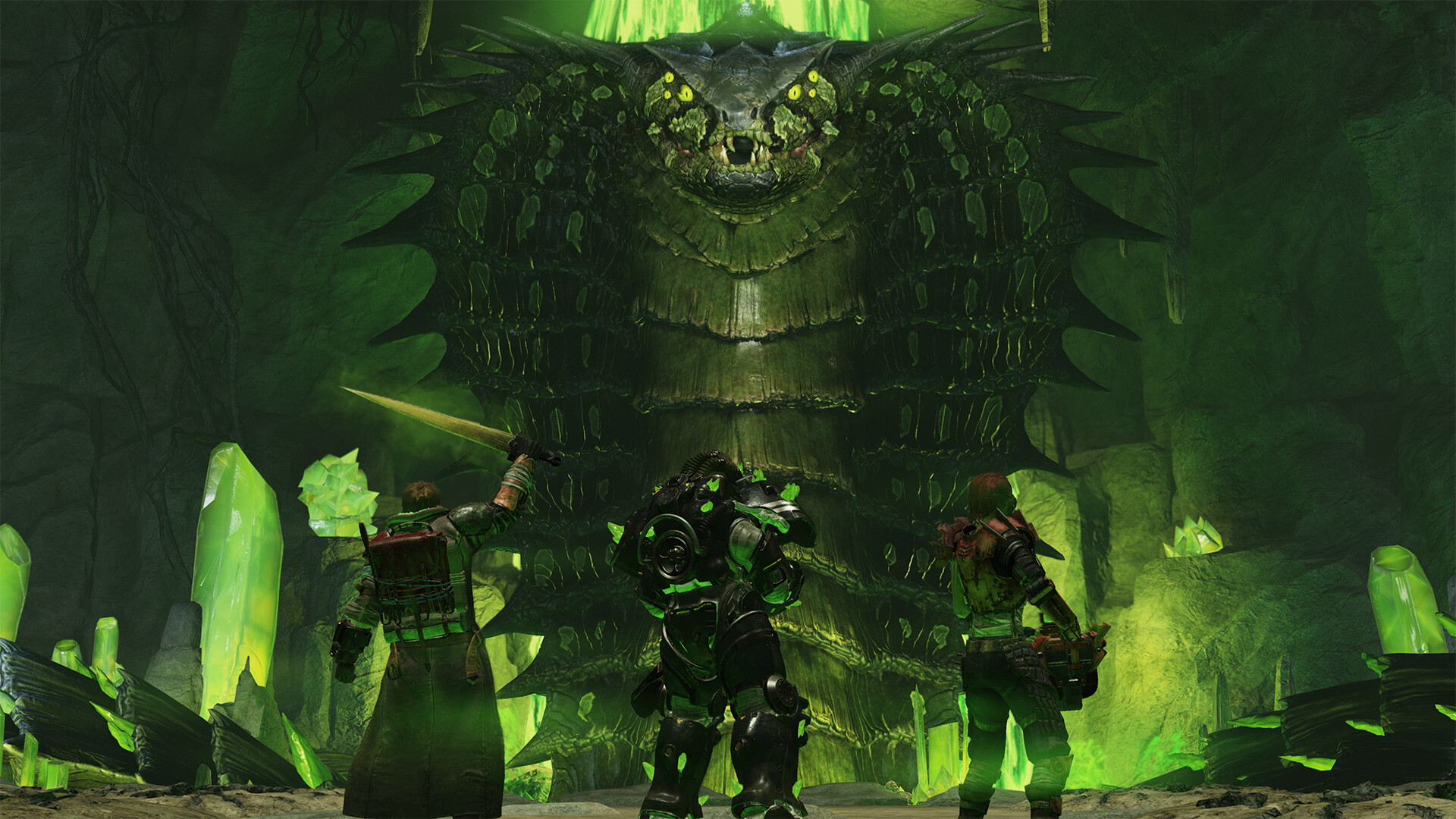The Microsoft Store needs a publisher verification badge like Twitter
Store problems. Again.

All the latest news, reviews, and guides for Windows and Xbox diehards.
You are now subscribed
Your newsletter sign-up was successful
The Microsoft Store has long been the subject of ridicule since its inception back in the Windows 8 days. First, it was the lack of quality apps. Then, it was the lack of quality — well, anything. The platform that the Microsoft Store on Windows uses still isn't fit for purpose, with poor search features, glitchy content delivery mechanisms, and a flood of useless crApps that exist purely to inflate numbers. However, there is light at the end of this very long, painful, miserable tunnel.
With Windows 11, Microsoft is finally revamping the store, complete with a new UI and updated backend systems. Microsoft is also courting app developers on PC, offering them up to 100% of their revenue for the first time, in a world-beating move that defies both iOS and Google Play.
However, despite the positive change, there remains a big ol' elephant in the virtual room: those shovelware apps. Ranging from Windows 8 leftovers to outright pirated content, the Microsoft Store is a wasteland of truly awful content that should be avoided at all costs, by most people. So, what would be the obvious quick-hit solution towards solving this problem?
A verified badge for the app store!
I am by no means a graphic designer, but a quick mockup in Photoshop shows how a verified badge might look. Like Twitter or not, the verified badge has become a globally recognized symbol of authenticity, and Microsoft should seriously consider it here.
This article is actually inspired by a tweet from @ALumia_Italia on Twitter, who reflected something myself and many others in the community have thought about for a long time. Why doesn't Microsoft have a verified publisher badge on its store? This would inform users very easily what content met a baseline level of quality, while also informing users which apps were actually genuine, rather than knockoff junk that could potentially be harmful in some ways.
Dear Microsoft, since removing fake apps is too challenging, what about adding the publisher name under the app names? And what about a blue verified badge for the most known apps (like Facebook, Instagram, Twitter, Youtube etc)? pic.twitter.com/gDLfp2irAzDear Microsoft, since removing fake apps is too challenging, what about adding the publisher name under the app names? And what about a blue verified badge for the most known apps (like Facebook, Instagram, Twitter, Youtube etc)? pic.twitter.com/gDLfp2irAz— Aggiornamenti Lumia (@ALumia_Italia) July 3, 2021July 3, 2021
A verified badge for the Microsoft Store wouldn't solve every issue the store still has, like poor curation, weak search tools, bad filtering, and generally low quality, but it would help to highlight the quality apps that do exist on the storefront. If indeed, there are enough apps worthy of receiving a badge.
Of course, there would need to be a vetting process for how and who gets verified. The last thing Microsoft will likely want to do is alienate smaller independent developers. I'd argue that both larger firms and independent creators who meet a baseline level of quality should be eligible for a badge. MyTube! remains a best-in-class YouTube experience on Windows, despite the best efforts of Google to prevent Windows from having a touch-native YouTube experience. Other smaller teams like Finebits and Silicon Benders are also making great apps for the Microsoft Store. And then, of course, there are mountains of high-quality PC games hitting the store lately, thanks to Xbox Game Pass.
All the latest news, reviews, and guides for Windows and Xbox diehards.
No silver bullet, but it's something

Given that Windows 11 will likely end up on hundreds of millions of devices in the near future, repairing the image of the Microsoft Store should be a priority for the big M. Microsoft has squandered a huge amount of potential here thus far, and the quality of the store remains a controversial topic. I'd argue that Xbox Game Pass on PC is definitely held back by Windows' terrible content management systems, given that you can't easily mod games, container-based titles come with limitations and glitches, and are often updated on a slower cadence than their Win32 Steam brethren.
Windows 11 has an improved touch experience, and Microsoft's efforts to build ARM-based tablet devices could help the firm's fortunes in the mobility arena. Problem is, people expect native app experiences on their tablet devices, and faced with the might of Google Play and the iOS App Store, Windows 11's Microsoft Store is like an old sock that's fallen down the back of your dresser. Forgotten, and a bit smelly.
With Windows Phone superstar Rudy Huhn managing the store from the front, and a greater emphasis on improving the Windows experience in general spearheaded by Panos Panay, I believe the Microsoft Store has a better chance than ever at meeting its neglected potential. What do you think? Hit the comments, let's talk.

Jez Corden is the Executive Editor at Windows Central, focusing primarily on all things Xbox and gaming. Jez is known for breaking exclusive news and analysis as relates to the Microsoft ecosystem — while being powered by tea. Follow on X.com/JezCorden and tune in to the XB2 Podcast, all about, you guessed it, Xbox!

